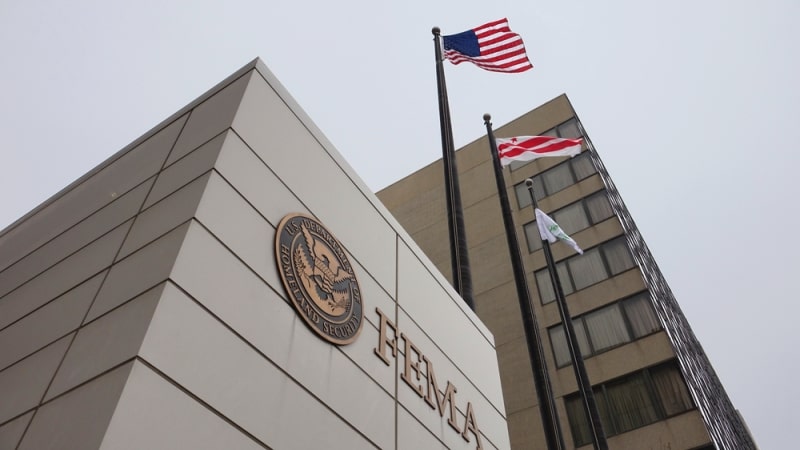
A bill reintroduced in the Senate Oct. 24 aims to increase the reach of emergency alert communications on national and state levels by preventing some alert opt-outs on mobile phones, requiring that alerts issued by the White House or the Federal Emergency Management Agency (FEMA) be run repeatedly by television and radio stations, and exploring how to create a system to offer emergency alerts on audio and video online streaming services.
The bill – the Reliable Emergency Alert Distribution Improvement (READI) Act – was offered by Sens. Brian Schatz, D-Hawaii, and John Thune, R-S.D. It also would track and study incidents of false alerts, and take steps to improve how states plan for emergency alerts.
Sen. Schatz in a statement referenced a false missile attack alert that was sent out by Hawaii state officials last year, saying, “Some people never got the message on their phones, while others missed it on their TVs and radios. Even though it was a false alarm, the missile alert exposed real flaws in the way people receive emergency alerts.”
“Our bill fixes a number of important problems with the system responsible for delivering emergency alerts. In a real emergency, these alerts can save lives so we have to do everything we can to get it right,” the senator said.
On the Federal agency level, the bill would charge the Federal Communications Commission with tracking any false alerts, and would require FEMA to “create best practices for state, tribal, and local governments to use for issuing alerts, avoiding false alerts, and retracting false alerts if they occur, as well as for alert origination training and plans for officials to contact each other and federal officials during emergencies,” the senators said.
On the state level, the legislation would encourage emergency communications commissions to review and update their State Emergency Alert System Plans, which the senators said are “often out of date.”
The Senate approved the bill last year, while the House version of the legislation did not make it past the House Energy and Commerce Committee.
